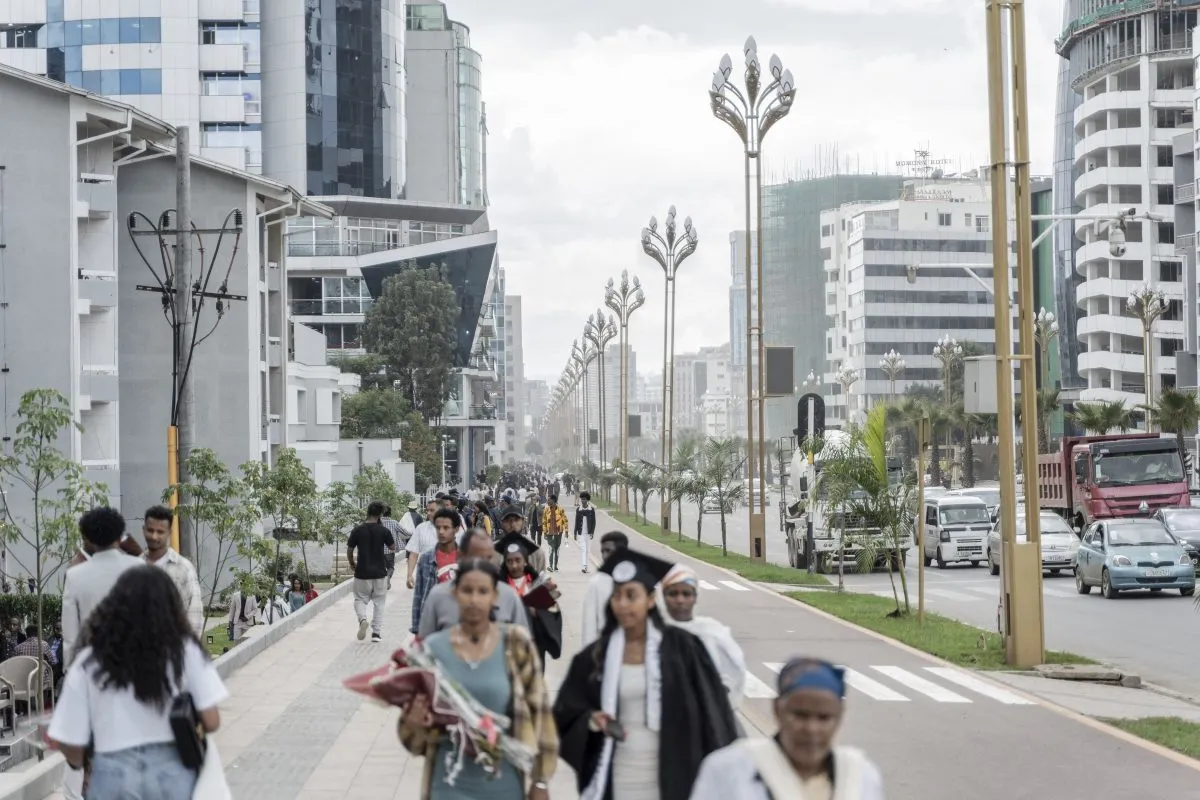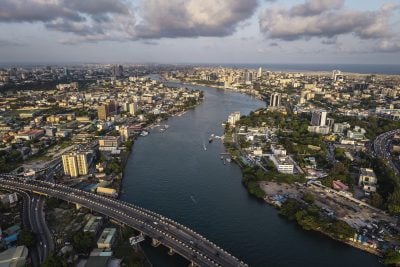Ethiopia has liberalised its foreign exchange regime, in a move that will unlock over $10bn worth of external financing, but which analysts fear could stoke higher inflation in the East African country.
In a statement earlier this week, the National Bank of Ethiopia (NBE), the central bank, said that it was “announcing a major revision of the country’s foreign exchange regime effective immediately” and introducing “a competitive, market-based determination of the exchange rate [to] address a long-standing distortion within the Ethiopian economy.”
The NBE confirmed that “banks are henceforth allowed to buy and sell foreign currencies from/to their clients and among themselves at freely negotiated rates” and that the central bank would make only “limited interventions to support the market in its early days and if justified by disorderly market conditions.”
In the first trading session after the liberalisation was announced, the Ethiopian birr immediately slumped by around 30% against the US dollar.
The Ethiopian government has been embroiled in negotiations with the International Monetary Fund (IMF) and World Bank for months after Addis Ababa defaulted on a $33m Eurobond repayment last year. Ethiopia has been seeking a total package of around $10.7bn to promote macroeconomic stability and ensure it can fulfil its debt obligations.
The IMF made this package conditional on Ethiopia moving to a market-based currency regime and, while the government was hesitant, it has now agreed to do so in order to secure this funding.
Inflation expected
Hailemelekot Berhan, a capital markets analyst in Addis Ababa, tells African Business that “this is quite a significant move, and it is long overdue.”
However, Berhan acknowledges that higher inflation is now a distinct possibility. The birr has already been devalued by 30% and could weaken further in the trading sessions ahead, which would make imported goods more expensive in local terms.
“One argument against this theory is that previously people were using the black market to secure the foreign exchange needed to import goods – so by default we are trading based on the black market rate and therefore prices will not rise further,” he explains.
Despite this, Berhan suggests that the birr is likely to devalue to such an extent that price rises will be inevitable.
“The problem is that the currency could soon be trading at 100 or 115 birr against the dollar [the current rate is around 57]. In this situation, because the government now has foreign reserves thanks to the IMF, inflation could be contained for between three and six months,” he says.
“After that we will be in unchartered territory.”
Bitter pill
Berhan notes that this “is a measure which the government would not have liked to take” and that the currency devaluation is “a bitter pill for them to swallow.” However, he believes that this foreign exchange liberalisation – which comes at a time when the government has already opened up strategic industries such as banking and telecommunications to foreign investment – is necessary for the East African country to attract investment in the years to come.
“Political stability in Ethiopia has improved and the business environment is strengthening,” he says. “The government is working a lot to stimulate the economy and attract the foreign direct investment that is needed.”
Want to continue reading? Subscribe today.
You've read all your free articles for this month! Subscribe now to enjoy full access to our content.
Digital Monthly
£8.00 / month
Receive full unlimited access to our articles, opinions, podcasts and more.
Digital Yearly
£70.00 / year
Our best value offer - save £26 and gain access to all of our digital content for an entire year!

 Sign in with Google
Sign in with Google 



